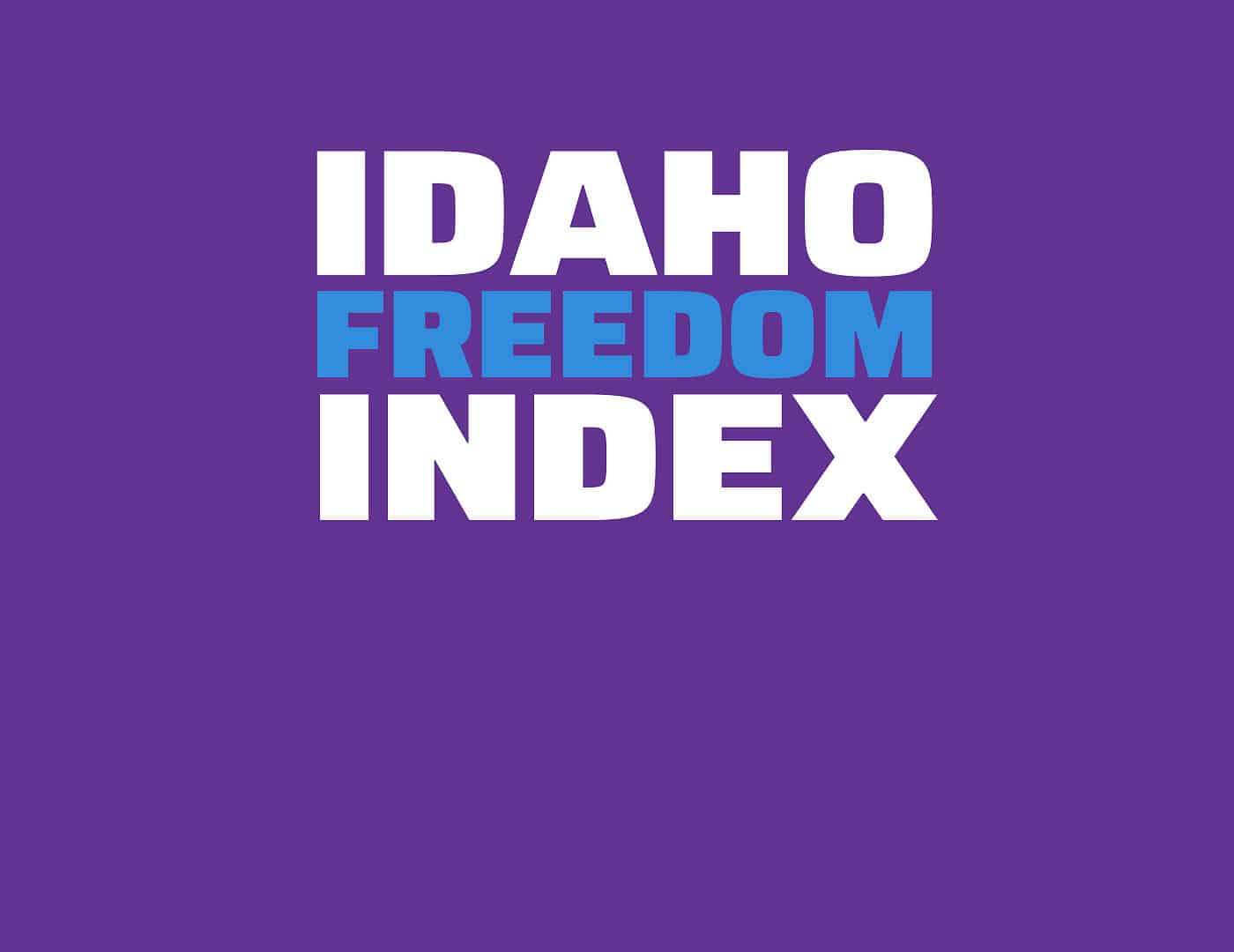


Bill Description: Senate Bill 1194 would set more lenient liquor license standards for government entities than for private entities. It also creates a special rule for historic theaters.
Rating: -2
NOTE: The House amendment to Senate Bill 1194 makes some changes to the analysis as noted below, but it does not change the rating.
Does it violate the principle of equal protection under the law? Examples include laws which discriminate or differentiate based on age, gender, or religion or which apply laws, regulations, rules, or penalties differently based on such characteristics. Conversely, does it restore or protect the principle of equal protection under the law?
Under existing Idaho law found in Section 23-908, Idaho Code, a liquor license "shall be placed into actual use by the original licensee at the time of issuance and remain in use for at least six (6) consecutive months or be forfeited to the state and be eligible for issue to another person by the director. …"
Senate Bill 1194 would carve out an exception for "a city, county, urban renewal district, or other municipal corporation" to say that the requirement above "shall not apply for three (3) years following the date of issuance."
Senate Bill 1194 would carve out an exception that says, "For any license issued to a city, as of January 1, 2023, with a population of seven thousand (7,000) or fewer as of the most recent federal decennial census, the use requirements contained in subsection (4) of this section shall not apply until July 1, 2026, unless such lack of use would result in one (1) or fewer such licenses being in use in the city."
This is yet another example (see Senate bills 1046, 1047, 1120, and 1141) of how Idaho's liquor licensing laws are illogical and discriminatory, creating a significant impediment to market entry and unnecessarily limiting access for both providers and consumers. The current quota-based licensing system should be abolished and replaced with a simple, straightforward, and unlimited licensing system that is low-cost, free of population-based and geographical restrictions, and open to all applicants.
Instead of attempting to fix this broken system, Senate Bill 1194 would set more lenient standards for government entities than for private entities.
(-1)
Senate Bill 1194 would create another carve-out for "a theater or movie theater built prior to January 1, 1950, and listed on the national register of historic places. Specifically and uniquely for such intuitions, the "actual use" requirement would mean merely "not less than two (2) times per year." "license need only be placed into actual use not less than two (2) times per year in order to satisfy the use requirements of subsection (4) of this section."
As with the carve-out for government entities discussed above, this is just another case of creating an exception to an incredibly harmful regulatory system instead of fixing the underlying problem.
(-1)


